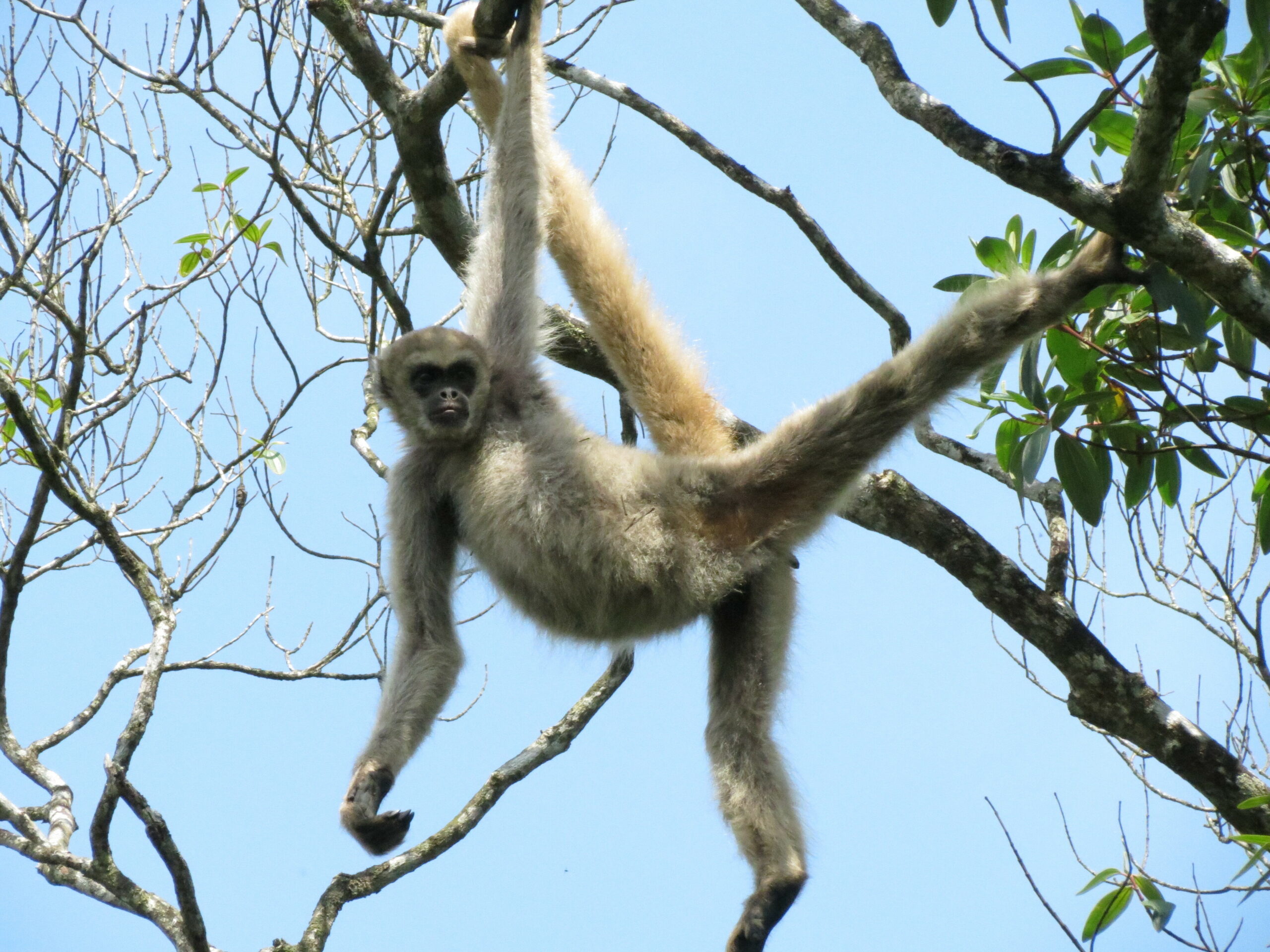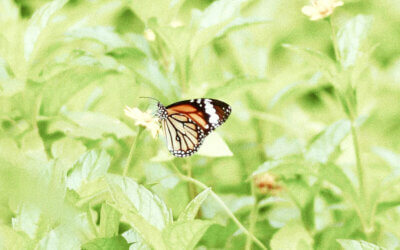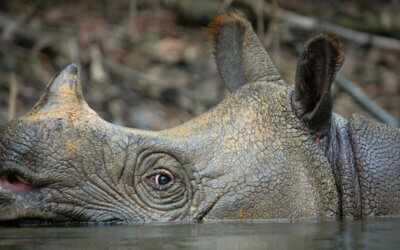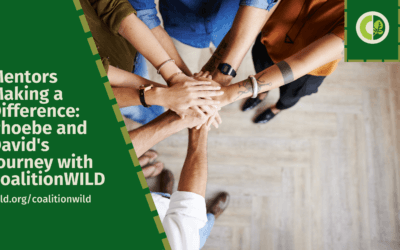If Quarantine Makes You Feel Isolated, Just Think How Wildlife Feels Every Day
Every year the destruction of habitat isolates and confines wild animals to smaller and smaller places. Through rewilding we can expand wild areas for the benefit of both human health and wildlife.
Whenever I feel a little cloistered or lonely due to the social isolation resulting from the pandemic, I take the opportunity to reflect a little and travel within my imagination, thinking about metaphors. I invite you to join me: imagine for a moment what this pandemic time would be like without the internet and the possibility of connecting with other people. Or if social isolation were actually a real geographical isolation that prevented people from meeting. Imagine if it lasted more than 40 years and was caused by something far greater than our strengths and abilities to resist. It gives you despair, right?
During the past year, we have lost family members, colleagues and friends, we have postponed travel and plans, many people have lost jobs and are currently in social vulnerability. Many are psychologically shaken, we had to adapt to a very unfavorable condition to our well being. When we turn the lens of the pandemic to other species, it becomes easier to understand what we have been doing to them.
I want to introduce you to this monkey here:
 Brachyteles hypoxanthus or northern muriqui
Brachyteles hypoxanthus or northern muriqui
It is one of the most endangered species in the world, it only exists in a specific forest in Brazil, the Atlantic Forest, home to the largest human population in Brazil and home to one of the largest biodiversities on the planet. Muriquis females, when they reach reproductive age, abandon their group and go out to look for another one (Does this ring a bell? That time in college when you leave your parents, you move to another city, creating new friendships, new relationships and new habits?). But the forest where the female muriqui lives has already been so destroyed and fragmented, that when she migrates, she may end up condemning herself to loneliness. It is not possible to find another group nearby, because they are in other fragments, out of her reach, so she ends up alone for the rest of her life. (Do you know anyone like that? Isolated, in a sad and decadent situation that makes you want to do something to save the person?).
More than ever, we don’t want to be alone. We understand the value of our closest friends and family and the importance of physical proximity, of smells, hugs, coexistence and everything that is within the “social relationship” package. However, we, as humans, caused this isolation and its consequences by disrespecting nature and unleashing viruses that would have otherwise, remain only in nature. And in the same proportion, we seek solutions, such as vaccines, which only depend on our own effort, research and investment. Muriquis are not so lucky. They did not cause this isolation… we did. And they don’t have a solution for something we did to them and their home.
This is a portrait of a single species out of millions that inhabit the planet. By looking at muriquis, we can benefit many other species, including ourselves by understanding our interconnectedness. To end the isolation between groups they need us. How can we help? We can make an effort to restore their habitats, supporting organizations that work with restoration and rewilding, for example, or advocating for their land conservation, restoration or creation of nature reserves. In this way, by connecting forest fragments, or raising up the area where they live, the forest will be able to support more than one group of muriquis. With all of this happening, we can contribute to the maintenance of this particular species.
Imagine when you can see your friends or your parents, or your grandparents again. It will be beautiful, right? It will be the wildest party. Imagine with me the party in the forest when the muriquis meet again… it will be wilder.
READ NEXT
A Reflection by Timothy Hass, WILD’s Trustee
I know that for many people, venturing into wilderness areas is a very important element for health and balance in their lives. I feel this as well, but also, for me, the nature directly around me is equally important.
Tech & Tradition – Q&A with Ruari Bradburn, Chief Technology Officer at Langland Conservation
“Tech & Tradition” delves into the evolving landscape of conservation, exploring the synergy between traditional wisdom and technological innovation.
Mentors Making a Difference: Phoebe and David’s Journey with CoalitionWILD
At CoalitionWILD, we believe in the power of mentorship and the transformative impact it can have on the lives of young conservationists. Here, we shine a spotlight on two exceptional repeat mentors, Phoebe Barnard and David Manski, who have been actively involved in our Global Mentorship Program. Their dedication, wisdom, and passion for conservation have inspired and guided numerous young professionals on their journey to become future leaders in the field.




0 Comments